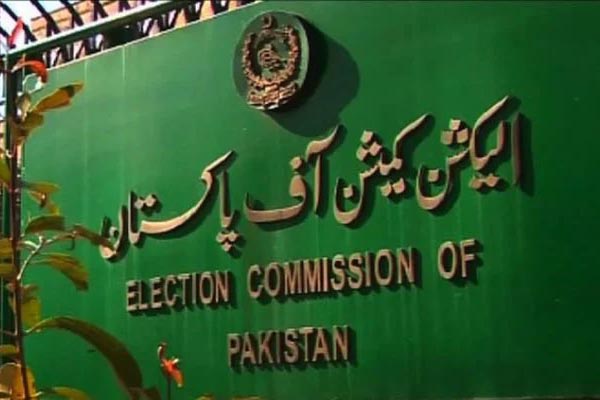
YouTube
In statement, authority laments that its suggestions for the legislation were not debates by relevant standing committee in National Assembly
The Election Commission of Pakistan (ECP) on Tuesday expressed concerns over the Pakistan Tehreek-e-Insaf-led government’s Elections Act (Amendment) Bill, 2020, claiming some of the articles are unconstitutional and were not properly vetted by the relevant standing committee.
In a statement issued after a meeting of the ECP chaired by Chief Election Commissioner Sikandar Sultan Raja, the institution declared some clauses in the legislation—which has yet to be passed by the Senate—as “unconstitutional,” noting that one of the basic duties of the authority under Article 219 of the Constitution was the preparation of electoral rolls, which was protected by Article 222. It said that the Elections Act (Amendment) Bill, 2020 had expunged these powers and sought to shift them to NADRA, endangering the process of review of electoral rolls.
Similarly, Section 17 of the proposed legislation calls for constituencies to be demarcated on the basis of voters instead of population, which is in violation of Article 51 of the Constitution, under which seats in the National Assembly are allocated on the basis of population. Lamenting that its suggestions on the bill had not been discussed by the relevant standing committee, the ECP also pointed out the a proposed clause in Section 122 of the Elections Act 2017 calling for open-ballot in Senate elections was inconsistent with the opinion of the Supreme Court.
Overall, the ECP said it disagreed with 44 of 72 proposed amendments. Among other concerns raised by the autonomous body were an amendment allowing political parties to change the order of preference for candidates on reserved seats, which it said would make it impossible to issue official results within 14 days of polling; an amendment calling for all registered political parties to have at least 10,000 members, compared to the present 2,000, noting this discriminated against parties from smaller provinces and those working in sparsely populated areas; and an amendment calling for changes to disqualification under Articles 62, 63.
The ECP statement noted that it had discussed the matter of internet voting for overseas Pakistanis as well as the incumbent government’s desire for e-voting. It said a Ministry of I.T. audit had found that NADRA’s internet voting system should not be used in the next general elections. It also recalled that the authority had submitted in Parliament a pilot project report of e-voting in the 2018 by-elections but there had no progress on its findings.
Referring to the amendment’s declaration of internet voting rights being granted to overseas Pakistanis, the ECP noted that necessary legislation on the issue was pending. According to the ECP, the government must decide whether overseas Pakistanis are supposed to vote in general seats or special seats designated for them; the procedure required to be adopted for polling and how the votes cast would be tallied.
The PTI-led government introduced the Elections (Amendment) Bill, 2020 in the National Assembly on Oct. 16, 2020. It was cleared by the Standing Committee on Parliamentary Affairs on June 8 despite protest from the opposition, which had said that the issue was of great importance and required extensive debate.
Among the changes proposed in the bill are greater financial autonomy of the ECP; the right to challenge appointment of polling officers/staff within 15 days of their appointment; increase in nomination fee from Rs. 30,000 to Rs. 50,000 for National Assembly candidates, and from Rs. 20,000 to Rs. 30,000 for provincial assembly candidates; and vacation of seats of returned candidate if oath not taken within 60 days of the first sitting of Parliament.
